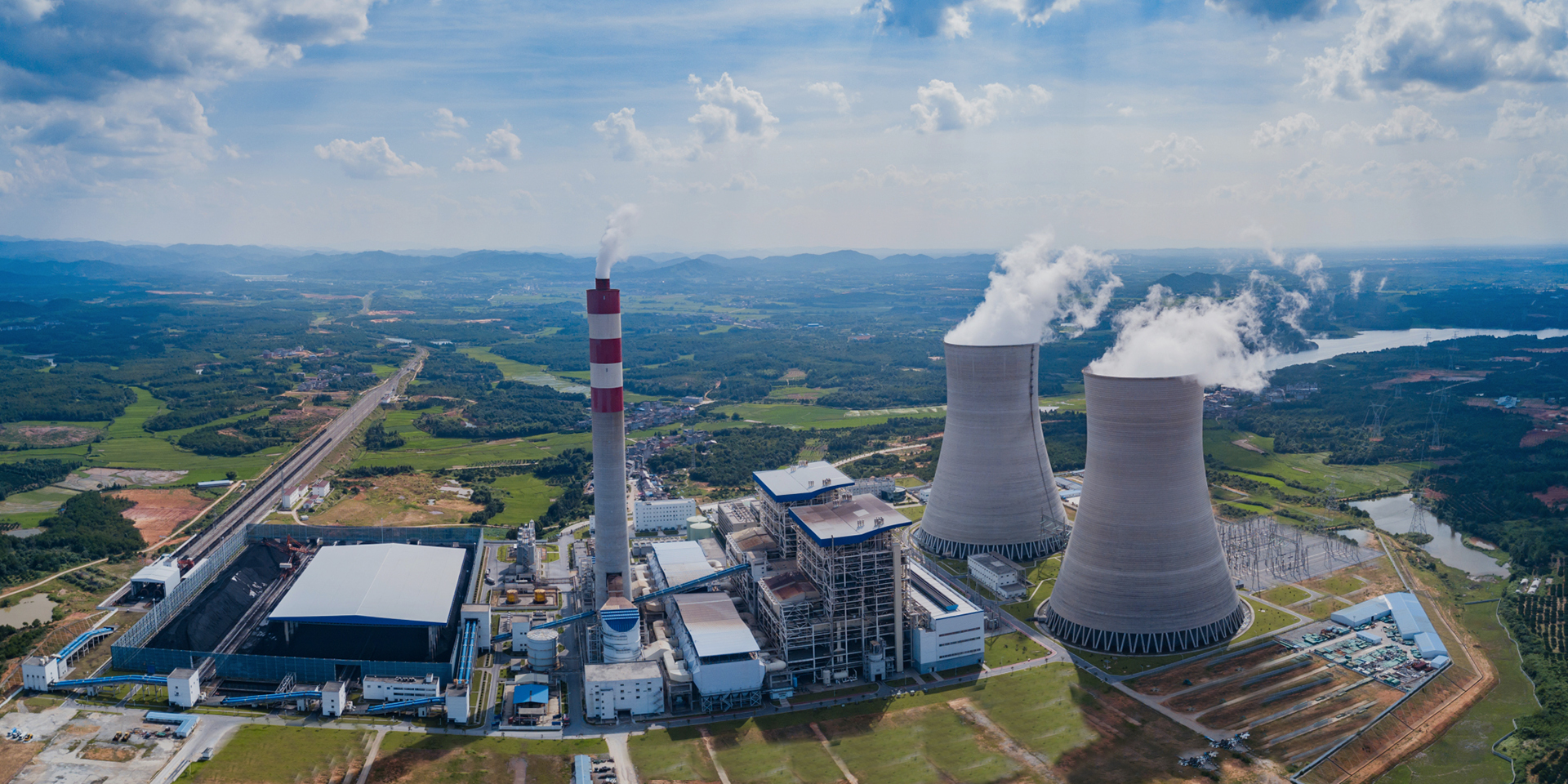
# Biomass Boiler Island: Sustainable Energy Solution for Remote Areas
## Introduction to Biomass Boiler Technology
Biomass boiler islands represent an innovative approach to providing sustainable energy solutions for remote locations. These self-contained systems utilize organic materials like wood chips, agricultural waste, or dedicated energy crops to generate heat and power for isolated communities.
## How Biomass Boiler Islands Work
The core concept of a biomass boiler island involves creating a localized energy production hub that operates independently from traditional power grids. The system typically consists of:
- A biomass fuel storage and handling system
- The boiler unit itself
- Heat distribution infrastructure
- Optional electricity generation components
- Emission control systems
These components work together to convert biomass into usable energy while minimizing environmental impact.
## Benefits for Remote Communities
Energy Independence
For islands and other remote areas, biomass boiler systems provide a reliable alternative to expensive diesel generators or undersea power cables. Communities can achieve energy self-sufficiency using locally available resources.
Economic Advantages
By utilizing local biomass materials, these systems create new economic opportunities in rural areas. They reduce energy import costs and can stimulate job creation in fuel production and system maintenance.
Environmental Sustainability
Biomass energy is considered carbon-neutral when managed properly, as the CO2 released during combustion is offset by the CO2 absorbed during plant growth. This makes boiler islands an attractive option for communities committed to reducing their carbon footprint.
## Implementation Challenges and Solutions
Fuel Supply Management
Ensuring a consistent supply of quality biomass fuel requires careful planning. Solutions include:
- Developing local biomass supply chains
- Implementing fuel quality standards
- Creating storage facilities to manage seasonal variations
Technical Expertise
Remote locations may lack personnel trained in biomass system operation. Addressing this challenge involves:
- Comprehensive training programs for local operators
- Remote monitoring capabilities
- Partnerships with technical support providers
## Future Prospects
As technology advances, biomass boiler islands are becoming more efficient and cost-effective. Innovations in combustion technology, automation, and integrated renewable energy systems promise to make these solutions even more attractive for remote communities seeking sustainable energy independence.
Keyword: biomass boiler island
With proper planning and community engagement, biomass boiler islands can transform energy access in remote areas while supporting local economies and protecting the environment.